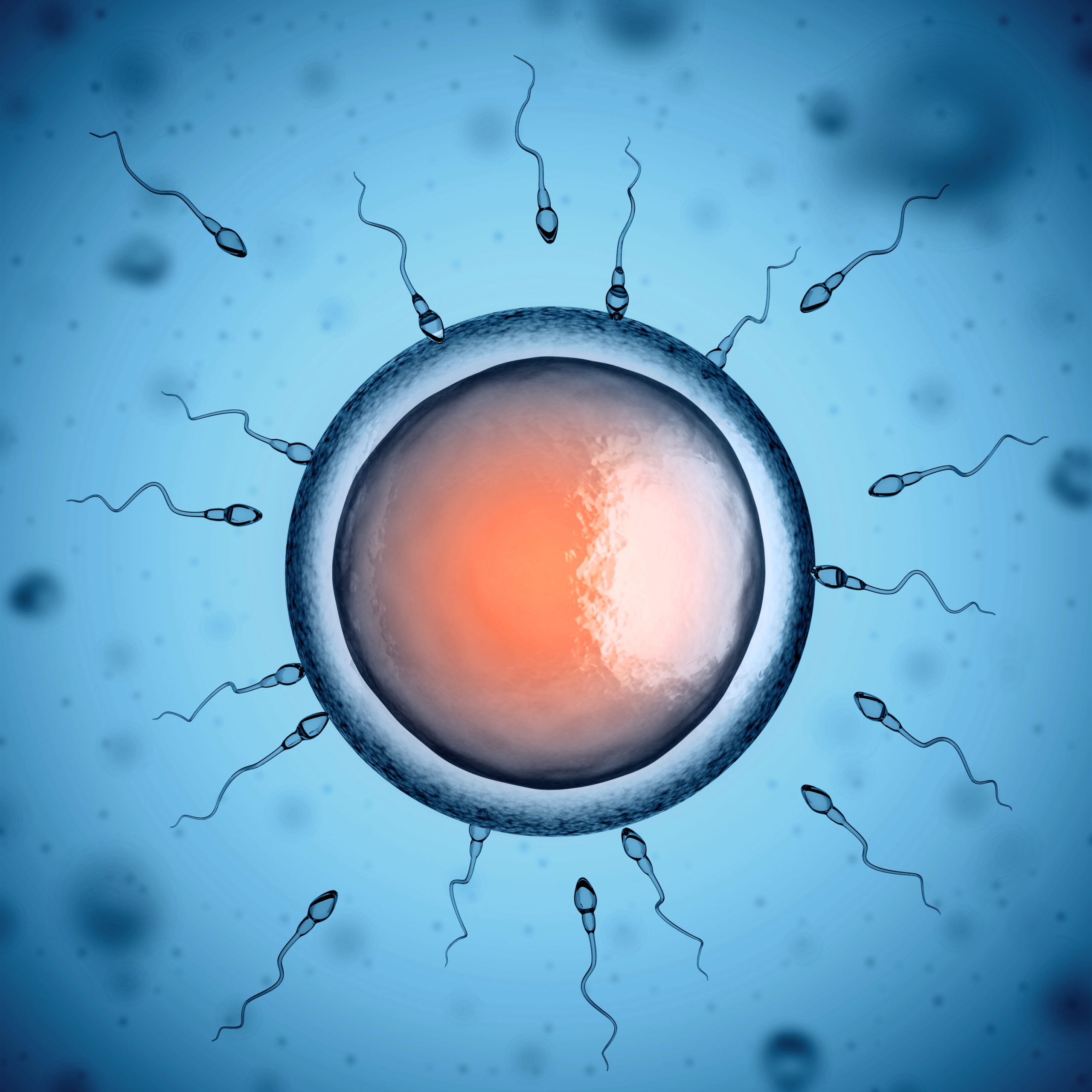
Artificial Insemination, also known as Intrauterine insemination (IUI), is a relatively painless procedure performed right in our office. We first obtain a semen sample either from a partner or donor. Then the sample is washed and spun in order to concentrate the motile sperm that will be injected into the cervix or uterus in order to produce pregnancy.
Sperm have to normally travel through the vagina and cervix before finally entering the uterus and up into the fallopian tubes. By directly injecting the concentrated sperm, we essentially make the journey for the sperm to travel much shorter, increasing the chances of more sperm encountering the ovulated egg in the fallopian tube.
Artificial Insemination may be prescribed in the cases of:
-
Ovulation issues
-
Problems with sperm delivery (male factor infertility)
-
Cervical stenosis or abnormalities
Fertility medications that cause the ovaries to mature several eggs at once may be used in conjunction with IUI. The purpose of this two-pronged approach is to put more sperm in contact with more eggs in order to increase chances of pregnancy.
IUI Success Rates
Whether an IUI is successful varies greatly depending on the underlying cause of infertility, the age of our patient, and her response to fertility medications. IUI works best in patients with unexplained infertility, producing almost double the pregnancy rate over no treatment.
IUI doesn’t work very well for men with low sperm production or who have slight abnormalities in their sperm. Women who have severe fallopian tube problems, moderate to severe endometriosis, or a history of pelvic (lower belly) infections will mot likely see better success with In Vitro Fertilization (IVF).
Chances at success increase with each IUI attempt.
IVF vs IUI: What’s the difference?
Artificial Insemination vs IVF
Dr. Allen Morgan explains the difference between IUI vs. IVF.



